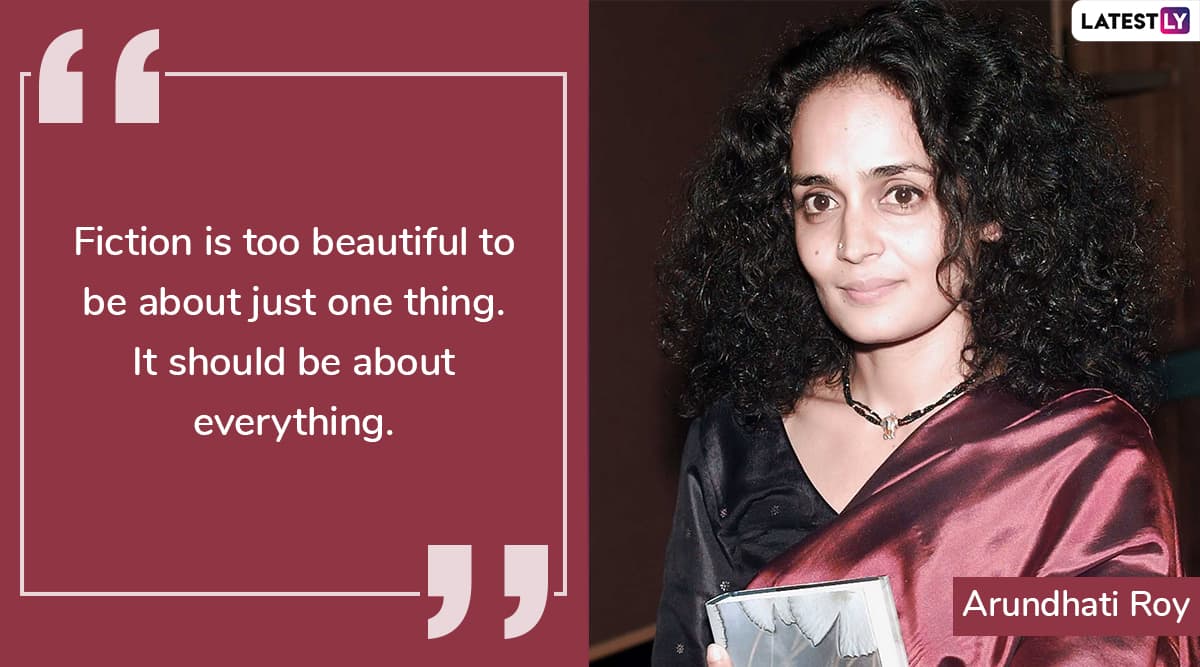Session 28th October: The threshold
“The God of Small Things” by Arundhati Roy
Keywords: History as an empty house, whispers, time frame, tragedy, setting in Kerala, caste.
The History House
The first page of the first chapter ushers us into the warped plot of the novel in which no word can be missed. In chapter 2, Chacko explains to the twins, Rahel and Estha that “history was like an old house at night. With all lamps lit. And ancestors whispering inside.” An overgrown garden, full of whispers and an empty house with “the scurry of small lives” await Rahel on her return to Ayemenem in the opening pages of the novel.
© “Very few people had seen it. But the twins could picture it. The History House” (chapter 2).
The Time Frame
The reader is adrift and embarks on a reading that opens up, in medias res, with more than one tragic event, Ammu’s death, Sophie Mol’s death …Past and present events shift in unchronological order, in flashbacks and flashforwards, and unravel in words that conform a tragic chorus barricaded between 1963 and 1993. The crispy knickers, the dusty moths, the Orangedrink Lemondrink Man, a “viable die-able” age, …
We have challenged ourselves to find frame time references in the novel so the different moments can be tied up in a time span. Yet, as the narrative voice will adduce in chapter 12:
© “It didn’t matter that the story had begun, because kathakali discovered long ago that secret of Great Stories is that they have no secrets. The Great Stories are the ones you have heard and want to hear again. The ones you can enter anywhere and inhabit comfortably. They don’t deceive you with thrills and trick endings…” (chapter 12)
The Setting
Professor Masood Raja explains how the particular setting of the novel in South West India, Kerala, is meaningful and contributes to understand the socio-political and historical context. Kerala counts with a history of conquerors, the Portuguese Vasco de Gama, the Dutch, the Rajas, the East India Company. Kerala counts with the highest rate of literacy in India, communist parties in the government. All this is meaningful in the light of the events in the novel. Please check video on the left hand side columm of the blog for further knowledge
Caste / Divide
Interstices in terms of caste, religion, social and economic status are at stake too: Syrian Christians, Paravans (Velutha, the untouchable), factory owners (Mamachi and Papachi) … will all contribute to the divide and alienation of the doomed children of the mother Earth.
Sharp insights on behalf of the members of the club dealt with, among others, the comparison between this novel and Joseph Conrad’s “Heart of Darkness,” the colourful narrative, the characters names, the metaphor of “mother Earth” to trespass the contingencies of history…. Please post your comments about the wonderful insights that you had in this session.



